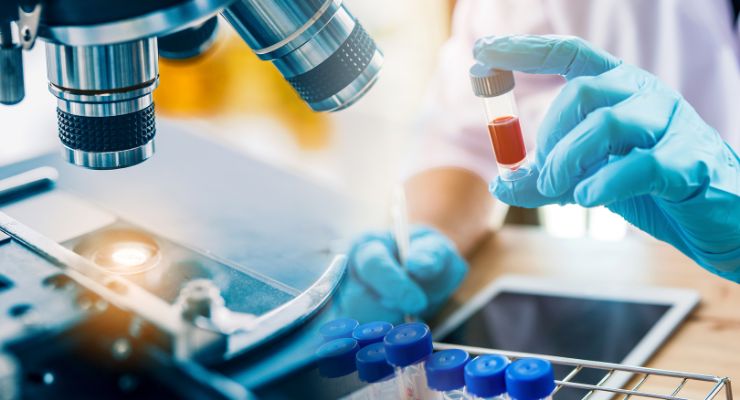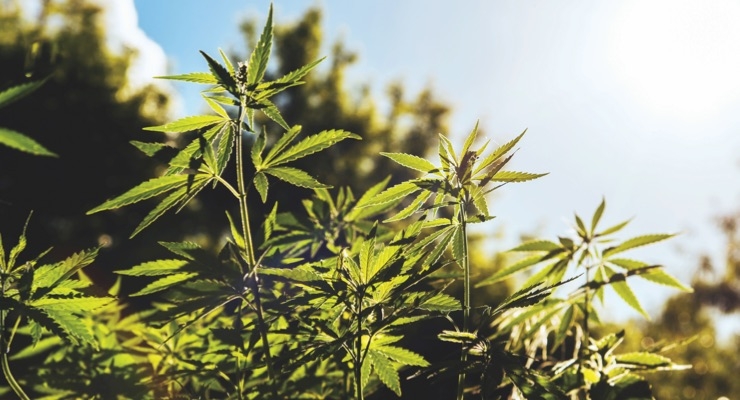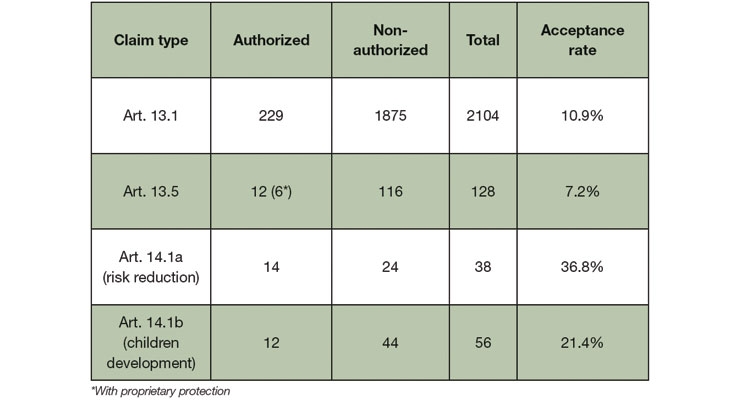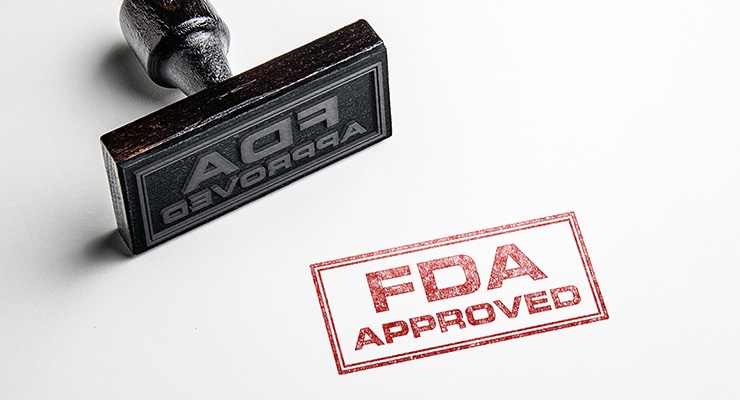Columns
COVID-19 & Consequences for the Nutrition Business Industry
The global outbreak caused by a novel coronavirus has disrupted life around the world.
By: Joerg Gruenwald
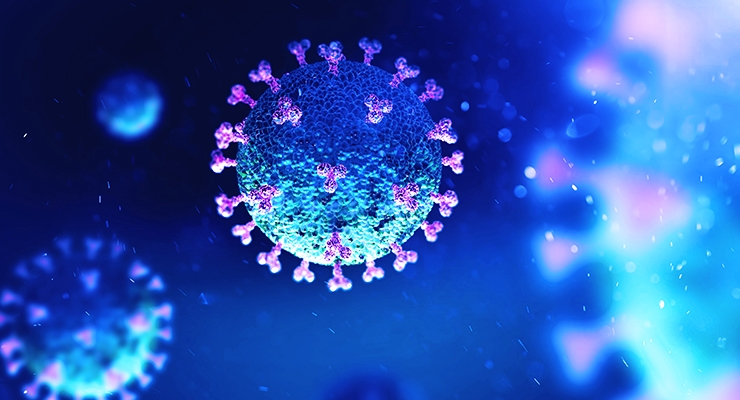
It is nearly impossible to avoid getting confronted with news about the current status of the COVID-19 pandemic. As of March 17 (when this article went to press for print), the World Health Organization (WHO) was reporting approximately 200,000 confirmed cases and nearly 8,000 deaths in about 160 countries and territories. (By the time this story was published online, there were approximately 80,000 associated deaths around the world.)
After the outbreak orginated in Wuhan, China, lockdowns and quarantines resulted in temporary factory closures—and, incidentally, in much cleaner air in Wuhan. Around the world now, panic-buying of protective equipment and shelf-stable goods were seen along with cancelation of public events and business meetings.
By now, the situation in China seems to be more stable and under control, due to rigorous enforcement of containment measures by the government. Supplement manufacturers and suppliers are resuming operations. Other territories worldwide were lagging behind in terms of effective containment measures, so it is difficult to say if the rest of the world will follow the pattern of outbreak and containment observed in China.
Meanwhile, some company stocks in the S&P 500 (the stock market index that measures the stock performance of 500 selected U.S. companies) was suffering significant hits, including the fastest ever 10% decline of the index. Among the affected companies were game companies, travel companies, and retail. On the morning of March 9, the Financial Times Stock Exchange 100 index (FTSE 100)’s early morning slump of 8.5%, attributed to a crude oil price crash and fears of global recession triggered by COVID-19, was one of the worst in history, and also affected current exchange rates.
Coronavirus Uncertainty
Of course, the novel coronavirus (SARS-CoV-2) that causes COVID-19 is not the first to lead to a public health crisis. Coronaviruses are a family of viruses that cause illnesses ranging from common cold to more severe cases. Examples of other serious CoV outbreaks included MERS-CoV and SARS-CoV. The novel CoV strain that causes COVID-19 was first identified in and reported from Wuhan, China, on Dec. 31, 2019. Like all CoVs, it spreads between human and animal through droplets and can survive hours to days on surfaces, depending on the type of surface. Since COVID-19 is new, it is currently unknown whether its spread and containment will follow the patterns of MERS and SARS, or even whether it has the same lethality.
Mostly due to this uncertainty, authorities globally are preferring to err on the side of caution. With the cancellation and postponement of trade shows such as Natural Product Expo West, the food industry has felt the effect of the pandemic as much as other industries relying on networking events such as trade fairs. Expo West inititally announced the postponement following a number of exhibitors and attendees deciding that they would not attend. Organizers later cancelled it and hoped to look forward to other planned events like Expo East in the fall.
Demand for Immune Products
A different kind of consequence of the pandemic for the nutrition industry is a surging demand for immunity and respiratory health supplements as the population strives for prevention.
Chinese firms such as Angel Yeast and Happiness Biotech Group reported sales increases of 100-300%. Sought-after products include glucan, lactoferrin, and cordyceps mycelia products. While still under lockdown, food business operators were struggling to meet the rising demand as they were unable to ramp up production. Since affected areas have resumed operation, this is now no longer the case.
The increased demand for cordyceps mycelia follows an approval for a health claim regarding its ability to regulate humoral and cellular immunity that one manufacturer of a cordyceps mycelia oral liquid, Happiness Biotech Group, has recently won.
Industry insiders suggest that this surge of certain dietary supplements comes at a later stage of the pandemic in a given territory, when demand for medical devices such as face masks and hand sanitizers have been met and consumers turn their attention toward their bodily defenses. Thus, it may be expected that, as soon as the situation reaches a certain stage, food business operators in other territories may see a rise in demand for dietary supplements as well.
With this in mind, it may be wise to prepare for this increased demand so food business operators, other than manufacturers of face masks and hand sanitizers (and, for some reason, toilet rolls), may be able to keep shelves from getting emptied.
Joerg Gruenwald
analyze & realize ag
Dr. Joerg Gruenwald is co-founder of analyze & realize GmbH, a specialized business consulting company and CRO in the fields of nutraceuticals, dietary supplements, herbals and functional food, and author of the PDR for Herbal Medicines. He can be reached at analyze & realize GmbH, Waldseeweg 6, 13467 Berlin, Germany; +49-30-40008100; E-mail: jgruenwald@a-r.com; Website: www.analyze-realize.com.


